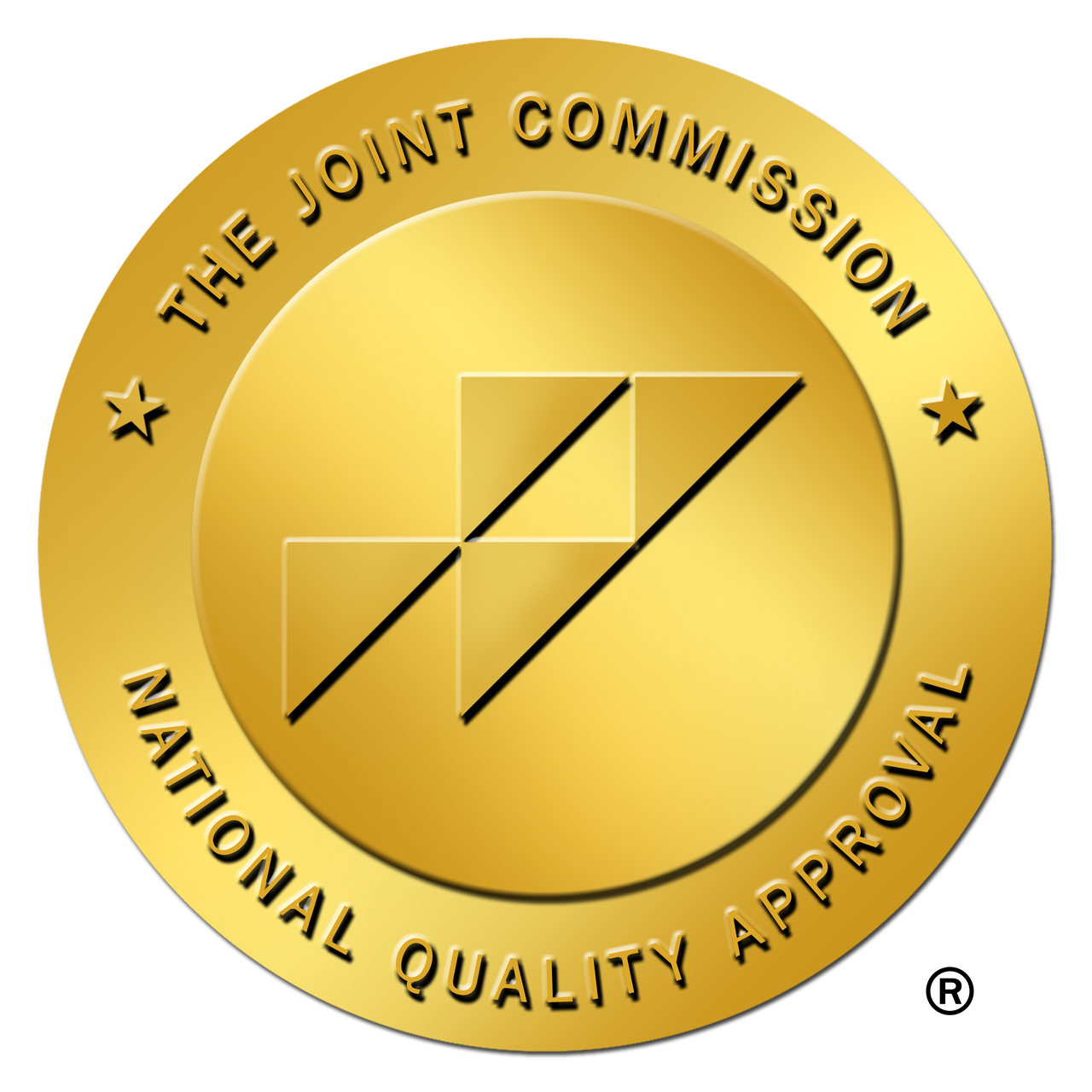
With the complexity of alcohol addiction, finding the most effective therapy is pivotal to the recovery process. It's more than just talking things through. It's connecting with a method that acknowledges the individual's unique struggles and strengths while fostering lasting change. For alcohol rehab seekers, unpacking the landscape of talk therapies can be the critical push in the direction of recovery. Here's your comprehensive guide to talk therapies tailored for alcohol rehab success.
The path to sobriety is intensely personal. No two individuals will have the same experience, triggers, or reasons for their substance abuse. Hence, tailoring the therapy to the individual is a non-negotiable aspect.
Talk therapies, or psychotherapies, notably cognitive-behavioral therapy (CBT), dialectical behavior therapy (DBT), and motivational enhancement therapy (MET), revolve around engaging patients in a dialogue that challenges their thinking patterns and behaviors toward alcohol. These sessions are largely non-invasive and aim to get to the root cause of addiction, thus increasing the likelihood of long-term recovery.
Each talk therapy method tackles alcohol addiction from a distinct angle. While CBT helps individuals understand and mitigate the triggers that lead to alcohol consumption, DBT fosters coping mechanisms that reduce the urge to drink. MET, on the other hand, helps build intrinsic motivation to change, aligning actions with personal values, and goals.
CBT is a short-term, goal-oriented psychotherapy that takes a hands-on, practical approach to problem-solving. Its primary focus is on present-day realities and factors contributing to alcohol addiction.
CBT therapists work on altering maladaptive thinking patterns related to alcohol. These patterns, like overconfidence in one's restraint or belief that drinking is the only coping mechanism, can lead to relapse. Through structured interventions, individuals can learn new ways of responding to life's challenges without relying on alcohol.
DBT emerged as an adaptation of CBT, intended to treat individuals with complex and severe mental health conditions, including suicidal tendencies and substance use disorders.
What sets DBT apart is its emphasis on building four distinct skill sets to manage emotions, tolerate distress, improve interpersonal effectiveness, and increase mindfulness. These skills provide individuals with a robust toolkit to handle stressors and emotional triggers that might previously have led to alcohol consumption.
MET is a directive, person-centered counseling approach for individuals who are ambivalent about changing their alcohol consumption behavior.
Conducted over one to four sessions, the primary goal of MET is to evoke rapid and internally motivated change, rather than guide the patient's every step. Through open-ended questions, therapists help individuals express and resolve their ambivalence, thus boosting their readiness to change.
EMDR, known for its effectiveness in treating PTSD, is also making strides in managing alcohol addiction, especially in cases where a dual diagnosis is involved.
During EMDR sessions, patients recall traumatic memories while the therapist directs them in bilateral stimulation, such as eye movements or tapping. This process aids in processing the trauma, which might be at the root of the drinking problem, thereby alleviating the need for alcohol as a coping mechanism.
The spectrum of talk therapies available in alcohol rehab also includes invaluable support from peers and professional counselors in various modalities like psychoeducational, coaching, and peer support groups.
Individuals in recovery often benefit from support groups like Alcoholics Anonymous (AA), non 12-step groups, and family therapy sessions that provide a continuum of care. These interactions offer emotional support and establish a network of individuals who have overcome or are facing similar challenges.
Effective talk therapies in alcohol rehab are not just about discussing problems but unveiling a path toward sustainable recovery. They are rooted in science, yet flexible enough to cater to the deeply personal nature of addiction. By understanding their strengths and approaches, individuals can make informed choices that can change the course of their lives.
The right therapy, combined with determination and a supportive environment, can lead to a successful alcohol rehabilitation. The first step is in your hands—engaging with these therapies might be the best decision you've made for your health and future. Your story is unique, and the right therapy can help write its next chapter. Get in touch with The Valley today to take your first step into the rest of your life.
 ® The Valley®
® The Valley®



